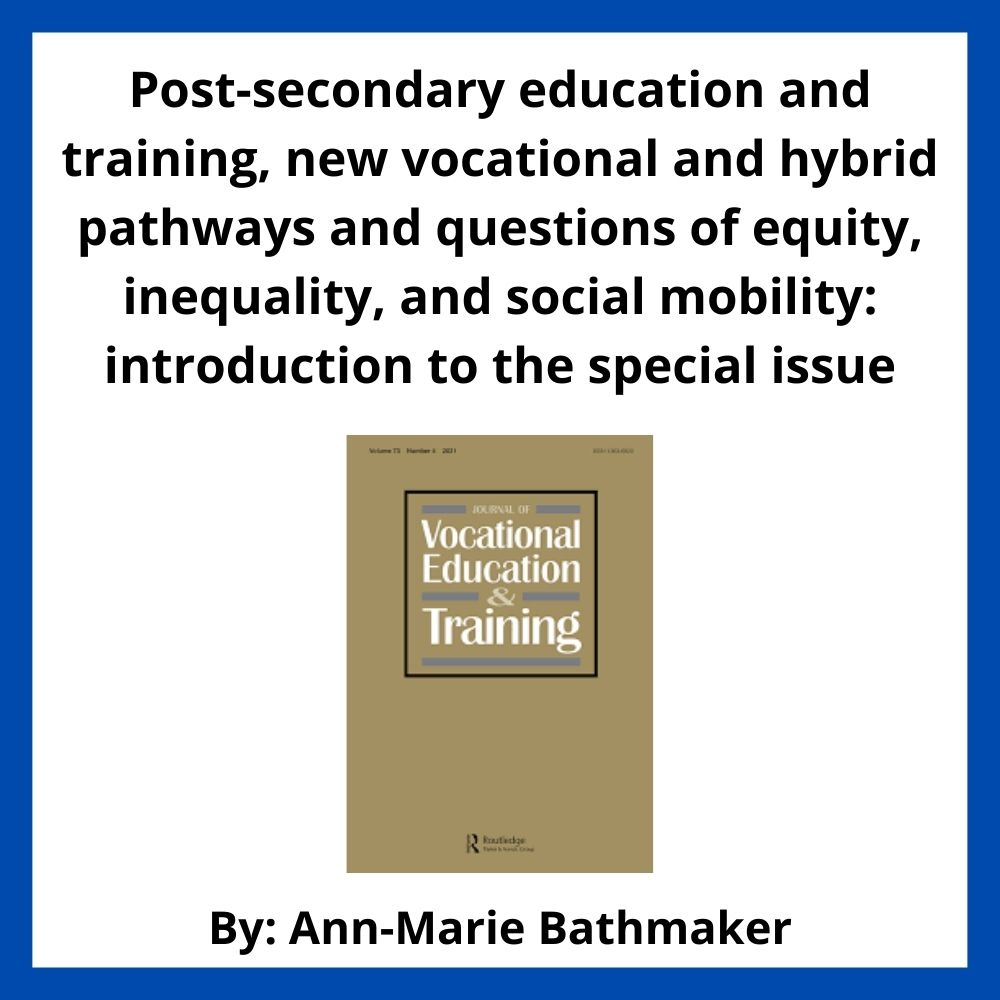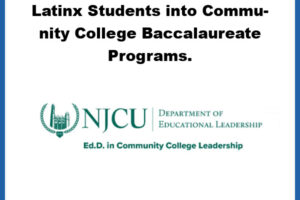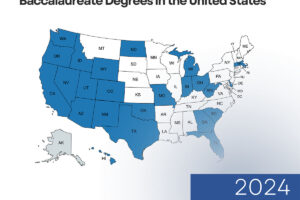Post-secondary education and training, new vocational and hybrid pathways and questions of equity, inequality, and social mobility: introduction to the special issue (2017)
Abstract Summary:
Distinctive forms of post-secondary education for those who do not follow well-worn academic routes from school to university are evolving rapidly across a wide range of countries. Referred to as Higher Vocational Education (HVE) in countries such as the Netherlands and China, and career-technical, vocational, or applied higher education in North America, they can many take different forms, including two year ‘short-cycle’ higher education such as associate degrees and foundation degrees, applied baccalaureates, higher level and degree apprenticeships, and hybrid courses that combine vocational and academic learning. Emerging developments include changes to the pathways into, through and beyond the growing diversity of education and training provision post-school in different countries, alongside new and evolving institutional contexts for provision. The papers in this special issue cover diverse aspects of this changing landscape. This introductory paper sets out the background context for the papers and then introduces the key themes of equity, inequality and social mobility that are of central concern to the special issue.
Review The Full Research Document Here
Bathmaker, A. M. (2017). Post-secondary education and training, new vocational and hybrid pathways and questions of equity, inequality, and social mobility: introduction to the special issue. Journal of Vocational Education and Training, 69((1), 1-9.




